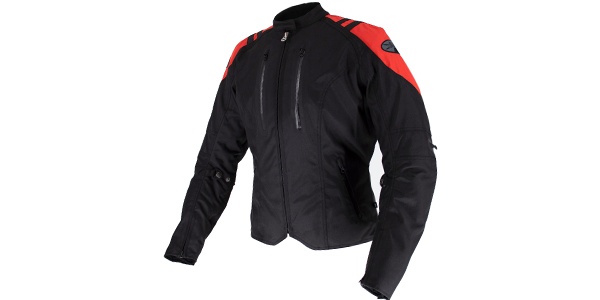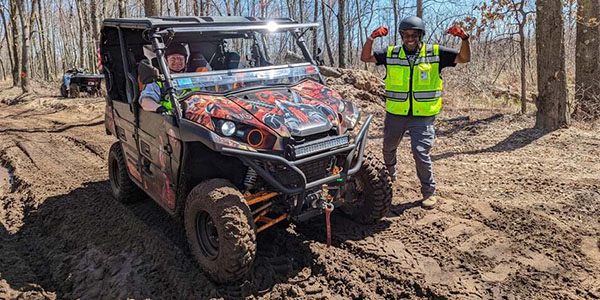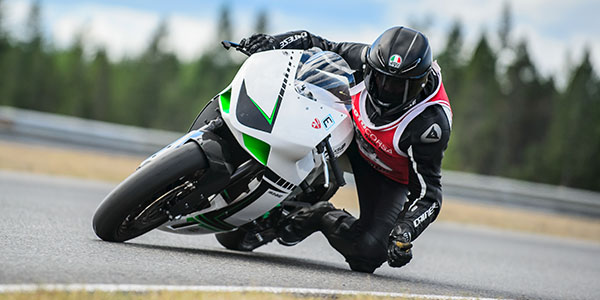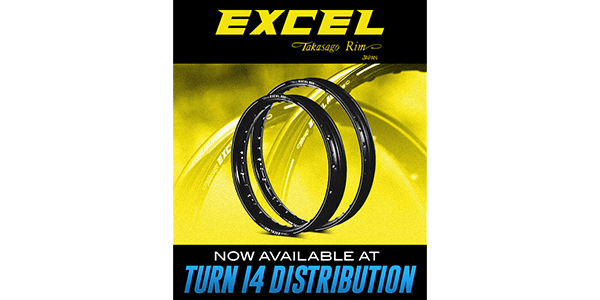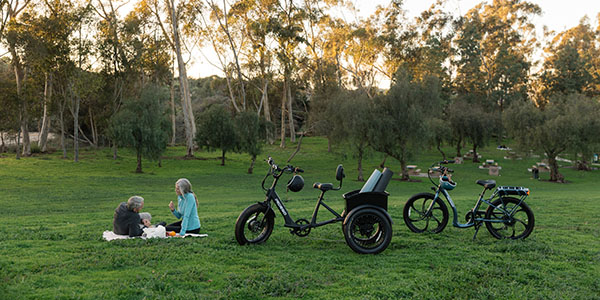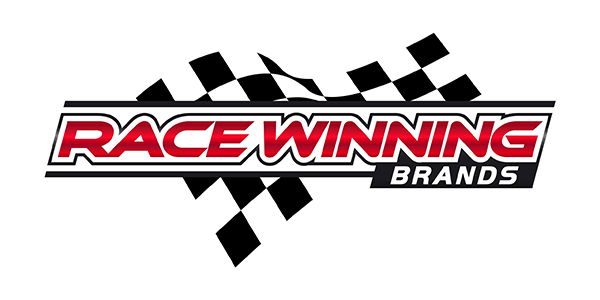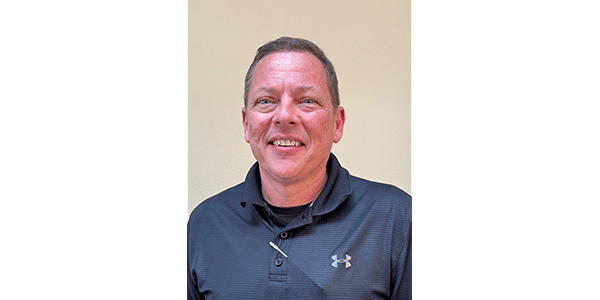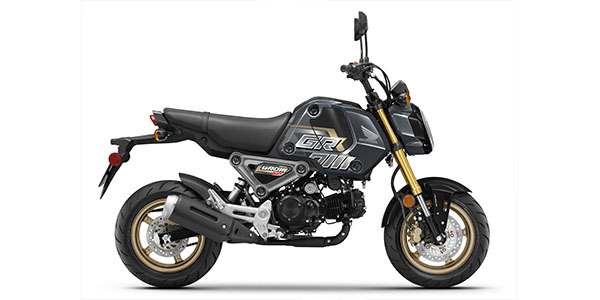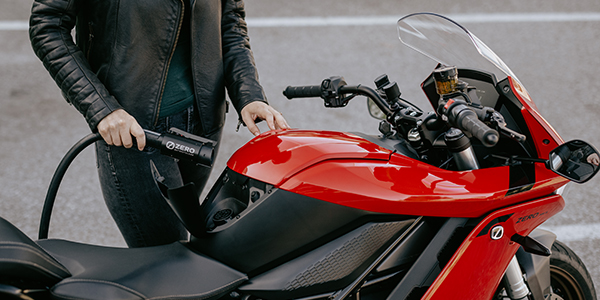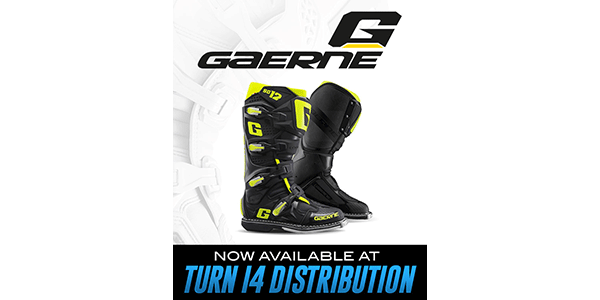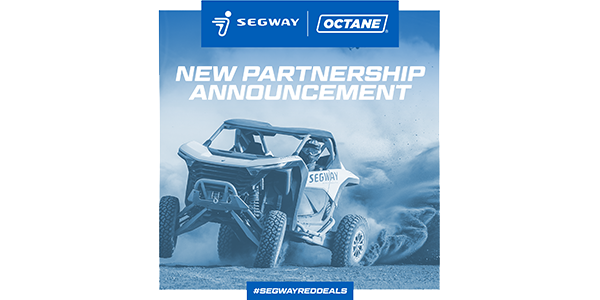Success is a relative degree, failure is an absolute. Let me explain how I came to this conclusion. First, we’ve all met successful dealers, some more successful than others. In fact, there are only a handful of dealer principals I would put into the extremely successful category, and that’s a rather exclusive club of dealers who have sales in the hundreds of millions of dollars annually. Most own multi-store operations, are dedicated and focused, working on, instead of in their businesses; and with a few anecdotal exceptions, all are appreciated and respected by their customers, employees and suppliers.
Now let’s look at failure. You set a goal, a goal you felt was achievable and reasonable. However, for a myriad of reasons the goal was not met. You might try to put the best possible face on it by referring to it as quasi-successful or a work in progress, but I suggest using the simple statement: you failed!
Hold on, there’s no shame in failure, success is derived from failure and failure actually teaches us more than success. Trust me, I know this from a lifetime of first-hand experience.
Both failure and success are subjective terms, and both are often used to describe the same set of circumstances. I’ve heard dealers talk about an absolutely successful event. I’ve also heard dealers say that an event was relatively successful when compared to a previous event. That’s the trouble with the English language — it’s filled with subjective definitions.
Okay, so what about setting up less vague definitions and standards? The computer industry was forced to do just that. Engineers must now submit papers written in "frozen English" where descriptions and terms conform to specific definitions. This language is shared by the medical profession, the legal profession and the most advanced educational facilities. We’re not so lucky in the powersports business, Instead we resort to local dialects and industry jargon. For example, I talked to a couple of dealers about their employees recently only to be told by one principal that they are now called associates rather than employees. Yeah, right. In my view that’s corporate speak and makes about as much sense as a reality TV show.
Now for some hard information: Are you making a net profit of less than 10%? Be honest. If so, you could be classified as a loser when compared to dealers with substantially higher percentages of net profits or you could even be classified as nearing failure; but on the other hand, either condition is relative, isn’t it?
It’s up to you to set the benchmark. If you set it at 5% annual net and reached 8% you might want to call it a great success, but if you do, I believe you’d be fooling yourself. Making anything less than 10% ROI is considered poor and the finger points straight to top management.
Some years ago Robert Morris & Associates looked at more than 50 motorcycle dealers and determined their net profit was 2.5%. Unless these dealers were hiding assets to make sure they paid minimal taxes, I’d classify them all as losers.
I know of dealers who have annual net profits closer to 20%. Obviously, these dealers are very successful, with most being large multi-store and multi-line dealerships with owners who understand what it takes to be a competent manager and a great disciplinarian when it comes to processes. I’d classify them all as winners.
However, there’s always a price for success, but who demands the price? It is the customer and in some cases the OEM. I included the OEMs because of their perceived lack of flexibility when dealing with large and powerful dealer principals. Watch for this to become an even bigger issue in the very near future.
So here’s what it takes: You must balance your relative success with how it’s perceived by your customers and your OEM. If they applaud your success, you’re on the right side; if they resent it, you’re not. Capisce? If you are comfortable with your current net earnings, good for you. However, if those earnings are below 10% you may be on the brink of disaster.
Let’s look at the poster child for success, albeit with protests from the public — major oil companies — all of which have net profits consistently in the 35% to 40% range. That’s so successful, it has made and continues to make them the target for those who feel these profit percentages are obscene. Personally, I would agree, even though I own some oil company stocks. I’m righteously indignant every time I cash in a stock dividend!
If you took your net assets and converted them all to cash, you could earn at least 5% with CDs, money market accounts and retirement investments. These have virtually no risk. Chances are the net value at 5% may well mean more dollars to you than a net profit of something under 10% on your going business.
I know some of you are not anxious to spend all the time and energy necessary to help your business grow and in many cases you may have reached a level where you are serving almost all of your geographically potential market, which leaves little room for improvement. You, like so many others, may think it’s just wonderful to be in the top 100 dealers — but think of the expense, the effort.
In conclusion: If you’re still in business you have achieved a relative degree of success. Good for you. Now, consider what it will take to become one of the really successful and identifiable brands (remember your store’s name is a valuable brand). Are you willing to expend the time and energy to make the leap? Will you be able to take the pressure and responsibility? Do you feel competent?
Based on the theory propounded by noted rocket scientist Yogi Berra that, "you don’t know what you don’t know," look around and find someone who does know and ask them for their help. Even the most successful dealers have sought guidance. The alternative to becoming more successful is to be an absolute failure, relatively speaking of course.

